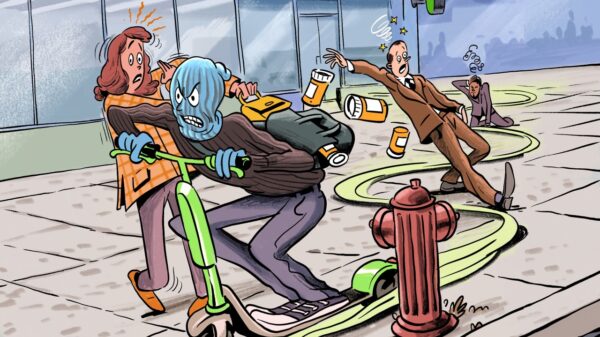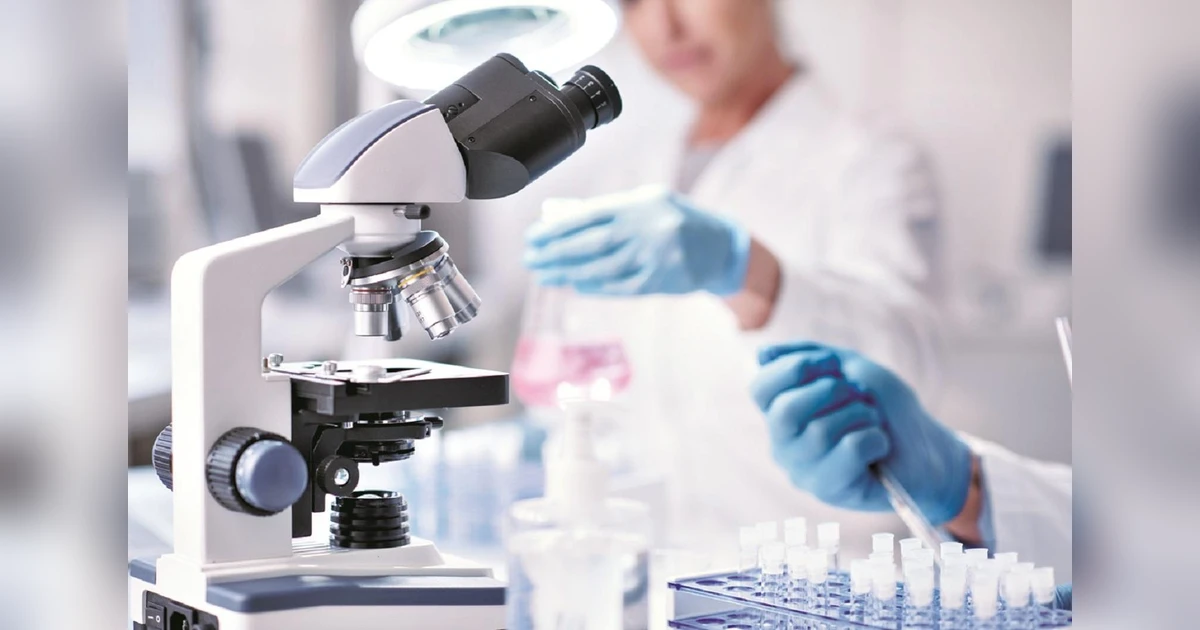The World Health Organization (WHO) has issued a stark warning about the escalating threat posed by drug-resistant bacteria. A significant rise in antimicrobial resistance (AMR) is leading to a global health crisis, with an estimated 700,000 deaths each year attributed to infections that no longer respond to conventional treatments. The WHO’s findings highlight a troubling lack of innovation in the development of new antimicrobial drugs, which is urgently needed to combat this growing threat.
The recent report, titled the 2023 Global Report on Antimicrobial Resistance, underscores that beyond the shortage of innovative drugs, there are critical gaps in the types of treatments currently available. The WHO emphasizes that the pharmaceutical industry is struggling to keep pace with the increasing resistance of bacteria to existing medications. This inadequacy not only threatens public health but also undermines medical advancements achieved in recent decades.
Challenges in Developing New Treatments
According to the WHO, the pharmaceutical sector has not introduced any new classes of antibiotics since the late 1980s. This stagnation has contributed to the rising number of infections that are resistant to current treatment options. Dr. Tedros Adhanom Ghebreyesus, Director-General of the WHO, remarked that the lack of innovative treatments is alarming. He stated, “If we do not act now, we could face a future where common infections and minor surgeries become deadly due to the lack of effective antibiotics.”
The report indicates that the projected annual death toll from drug-resistant infections could reach 10 million by 2040 if decisive action is not taken. The WHO calls for increased investment in research and development to stimulate the creation of new antibiotics and alternative therapies. This includes fostering collaboration between governments, industry, and academic institutions to address the pressing challenges posed by AMR.
The WHO’s findings are particularly concerning for regions like Europe and Africa, where the burden of drug-resistant infections is most acute. In these areas, health systems are already strained, and the spread of resistant bacteria threatens to exacerbate existing public health issues.
Urgency for Global Action
In light of these alarming statistics, the WHO is urging countries worldwide to prioritize the fight against AMR. This includes implementing comprehensive national action plans focused on surveillance, infection prevention, and control measures. The organization also stresses the importance of promoting the responsible use of antibiotics in both human and animal health.
The WHO’s report serves as a wake-up call for governments, healthcare providers, and pharmaceutical companies alike. Without immediate and sustained action, the consequences of inaction could be dire, leading to a future where even routine medical procedures carry significant risk due to ineffective antibiotics.
The WHO’s call for innovation resonates across the globe, emphasizing that the health of future generations depends on how effectively the world addresses the challenge of drug-resistant bacteria today. The urgency to develop new treatments and strengthen existing health systems has never been clearer. The time to act is now.








































































